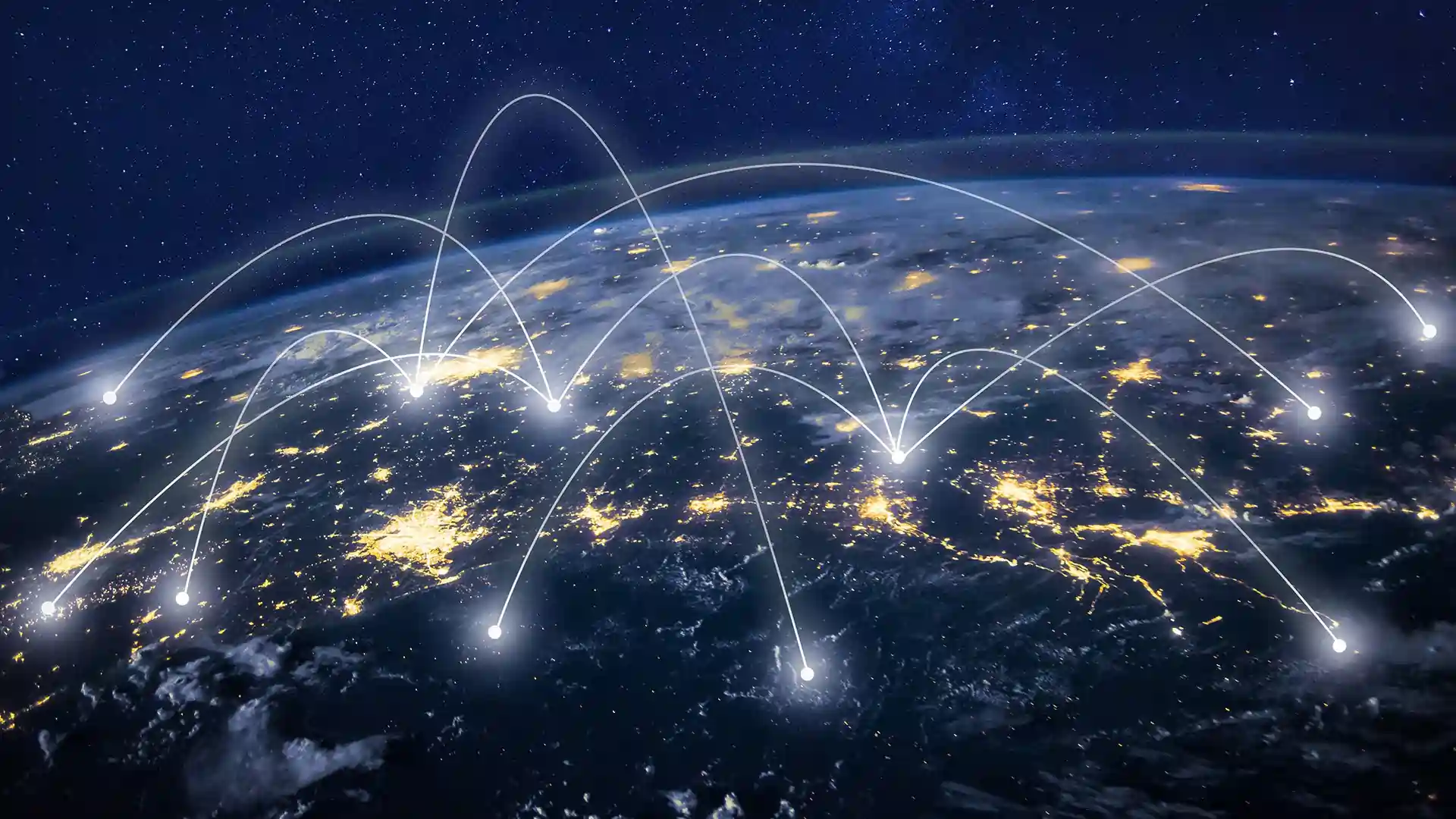Why Hospitality Technology Integrations Are Key to Driving Innovation

In the hospitality industry, where guest satisfaction is paramount and operational efficiency is key to profitability, system integration has become more than just a technical necessity—it's the foundation for long-term success. The rapid pace of innovation across industries has led to heightened traveler expectations, yet the hotel industry often struggles to keep up. A major factor? The challenge of hospitality technology integrations.
System integration, the process of connecting disparate software solutions into a unified platform, is the backbone of a seamless, efficient, and innovative hotel business. Without it, hotels are left grappling with siloed data, disjointed operations, and slow responses to traveler needs. It’s no exaggeration to say that the lack of integration is possibly the No. 1 challenge preventing the hotel industry from innovating at the pace required to stay competitive.
The Essential Hospitality Technology Integrations
In hospitality, successful system integration isn't just about the front-end guest experience; it's about weaving together every part of the business, especially back-of-house operations, to create a well-oiled machine.
- Corporate Performance Management (CPM): This includes vital systems for accounting, budgeting, and forecasting. These back-of-house systems help leadership track financial health, predict future revenue, and allocate resources effectively. When integrated with other systems, they provide a holistic view of operations, allowing decision-makers to pivot quickly and capitalize on emerging trends.
- Property Management Systems (PMS): The PMS is the central hub for managing guest reservations, check-ins, and check-outs. Integrating the PMS with point-of-sale systems, CRM tools, and revenue management platforms ensures that data flows seamlessly, allowing hotel staff to personalize guest experiences and optimize pricing strategies in real-time.
- Customer Relationship Management (CRM): Guest data, including preferences, history, and feedback, is gold for hospitality companies. By integrating the CRM with other systems like email marketing platforms and loyalty programs, hotels can build meaningful, long-term relationships with guests, driving repeat business.
- Revenue Management Systems (RMS): Mainly integrated with the PMS and CRM, the RMS helps hotels adjust pricing dynamically based on demand, occupancy rates, and competitor analysis.
- Business Intelligence Systems. A hospitality BI platform will centralize key data from all the systems across your property and portfolio for easier and quicker access, often in the form of reports, charts, and dashboards. Easily digestible data allows more leaders across the hotel to turn analysis into action and is crucial for optimizing non-room revenue like F&B, golf, and spa services.
- Point-of-Sale Systems (POS): Whether it’s a guest ordering room service or making a purchase at the hotel spa, a well-integrated POS system ensures that every transaction is recorded accurately and that guest preferences and spend patterns are captured for future use.
What Makes a Strong Data Integration?
Strong data integration is more than simply connecting systems; it’s about ensuring that data flows accurately, securely, and in real-time across all platforms. The right integration allows systems to communicate with one another without human intervention, minimizing errors and delays. Here's what makes for robust integration:
- Real-Time Data Flow: In hospitality, timing is everything. Whether it’s updating room availability or adjusting prices based on demand, real-time data flow ensures that decisions can be made instantly, improving guest satisfaction and revenue management.
- Accuracy and Consistency: Integrated systems must maintain data integrity across all platforms. When guest information, financial data, or inventory numbers are inconsistent, it leads to operational inefficiencies and negatively impacts both the guest experience and the bottom line.
- Scalability: A strong integration should be built to scale with the hotel’s growth. As new properties are added or new services are introduced, the integration must be able to expand without disrupting current operations.
- Security: Hospitality companies handle sensitive guest and financial data, so secure data integration is non-negotiable. Ensuring that each system complies with the latest data privacy and security standards is critical to maintaining guest trust.
Overcoming Challenges When an Integration Goes Down

Even the most well-integrated systems can experience downtime or failures, and the consequences can be significant. When systems break, it disrupts operations, frustrates guests, and leads to missed revenue opportunities. Overcoming these challenges requires a proactive approach.
- Regular Maintenance and Monitoring: Proactively monitoring systems can help detect potential issues before they lead to a full-blown failure. Hotels should consider advanced monitoring tools that alert IT teams to irregularities, allowing for quick intervention. In Otelier IntelliSight, hoteliers can access a Data Health Center that shows a business’s overall data health using a dashboard that monitors integration health for each data source connected to IntelliSight. Should a system go down, an integration fail, or the system run into any other data delivery issues, users will be alerted to the disconnect and given the necessary information to resolve the issue.
- Partnership with Strong Vendors: Choosing reputable vendors with proven track records for uptime and support is crucial. Reliable vendors offer robust service level agreements (SLAs) and provide prompt support when things go wrong.
- Rapid Response Protocols: Hotels need a well-defined protocol for responding to integration breakdowns. This includes immediate notification of IT teams, communication with guests, and real-time updates on the status of the fix. Transparency with guests can help mitigate frustration and preserve trust.
The Road Ahead: Innovation Through Integration
From streamlining back-of-house operations to delivering personalized guest experiences, the right integration strategy has the power to transform hotel performance. Yet, the complexity of connecting diverse systems and ensuring they function seamlessly has often held the industry back.
Fortunately, with more platforms moving to the cloud, the natural evolution is toward greater openness and easier connectivity between systems. When software providers collaborate to share data, hotel operators emerge as the real winners. As the industry advances, centralized data will empower hoteliers to not only meet the evolving needs of today’s travelers but also optimize operations for the future.
Leverage Otelier’s certified integrations with hundreds of the leading hotel technology companies to centralize your data and turn analysis into action.










